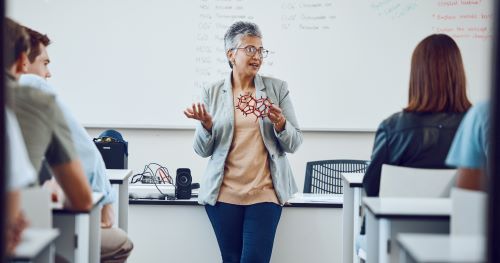The Teaching and Learning Centre is excited to announce the 2024 recipients of the Teaching Inquiries into Pedagogical Practices (TIPP) Fund. This year’s focus on changemaking celebrates UFV’s 50 years of creating positive impact in the Fraser Valley and beyond. These innovative projects showcase the faculty member’s commitment to fostering transformative learning experiences and exploring possibilities of embedding changemaking into the curriculum.
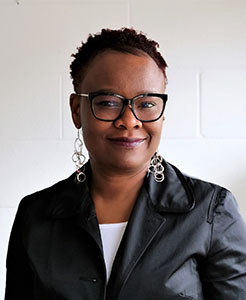 Rita Atake: Navigating Intercultural Communication and Relational Bias
Rita Atake: Navigating Intercultural Communication and Relational Bias
Rita’s inquiry challenges students in her CMNS 180: Introduction to Intercultural Communication course to explore their own cultural worldviews and biases while fostering relationality and equity. Her project aims to encourage students to navigate biases intentionally, recognizing that while diverse perspectives and our lived experiences can hinder relationality, we can still choose to pursue a path toward a more equitable society. Through self-reflection, dialogue, and guest speakers from Indigenous and Indo-Canadian communities, the project emphasizes Jack Mezirow’s Transformative Learning Theory to deepen students’ understanding of diversity and positionality.
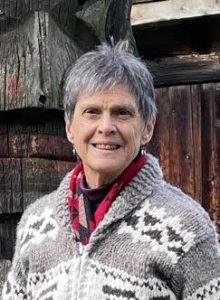 Lolehawk Buker: Gathering the People: Guided by Spirit, Good Heart, and Mind
Lolehawk Buker: Gathering the People: Guided by Spirit, Good Heart, and Mind
Lolehawk’s project brings together faculty from the University of the Fraser Valley and Simon Fraser University who lead Indigenous-focused practices of innovation and stewardship that are deeply embedded with worldviews and protocols of the land. This day-long session will focus on how Indigenous ways of knowing and understanding and new approaches to pedagogy can help us navigate the climate crisis to move forward to a healthier planet. It will include round-table discussions on Indigenous teaching practices, as well as conversations about policy, community work, and celebrations of success alongside sharing of concerns.
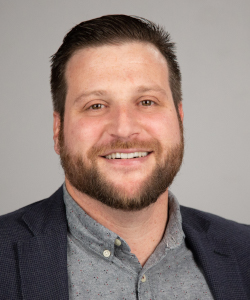 Mike Corman: Structural Competency Workshop: First-Year Nursing Students
Mike Corman: Structural Competency Workshop: First-Year Nursing Students
Mike’s initiative bridges sociology and health professions education through a structural competency workshop delivered to first-year nursing students by upper-level SOCI 399: Medical Systems and Society students. This workshop integrates the sociological imagination into nursing education, reimagining healer-patient dynamics and challenging the dominant bio-psycho-medical framework. With a focus on upstream medicine, mental health resilience, and ungrading pedagogical practices, Mike’s project offers a transformative approach to understanding health and illness.
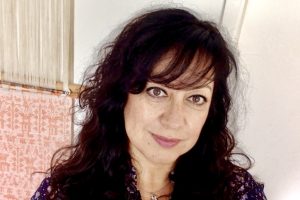 Maria de Luna: Decolonizing Linguistic Education: Fostering Equity and Advocacy in LING 101
Maria de Luna: Decolonizing Linguistic Education: Fostering Equity and Advocacy in LING 101
Maria’s project examines the social power dynamics inherent in language use in LING 101: an Introduction to Language, to deepen students’ understanding of how nuances in language and specific linguistic choices can reflect and challenge social power dynamics. This awareness will equip students with the knowledge to become advocates for inclusive language practices in their academic interactions and beyond. Students will engage in outreach, digital advocacy, and discussions to promote language equity and inclusivity. A guest speaker with expertise in language and social justice will share insights into linguistic diversity, empowering students to advocate for marginalized communities and fostering an inclusive academic environment.
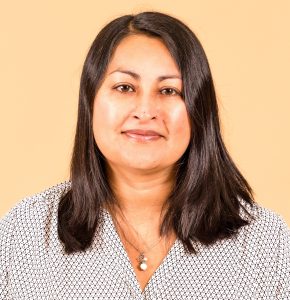 Geetanjali Gill: Student Presentations and Expert Panel on Youth Changemaking in Global Development
Geetanjali Gill: Student Presentations and Expert Panel on Youth Changemaking in Global Development
Geetanjali’s inquiry explores innovative pedagogical approaches that encourage students to critically reflect upon their role as changemakers, and how they can apply decolonized, Indigenized, equity and sustainability-focused approaches, tools, and mindsets to global development issues and practices. In GDS 320: Decolonized Aid and Development, students will develop innovative, equity-focused solutions to a real-world issue or challenge. Students will present their reflections through arts-based methods at an event featuring sustainable development experts and guest speakers during Canada’s International Development Week. This initiative integrates creativity, critical thinking, and decolonized approaches to foster meaningful student engagement with global changemaking practices.
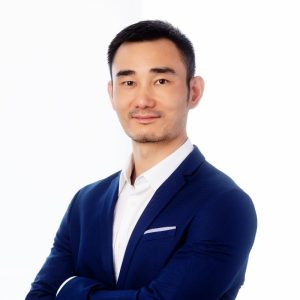 Chang Lu: Using Improvisational Comedy Methods to Enhance Teaching Effectiveness in Business, Society & Nature
Chang Lu: Using Improvisational Comedy Methods to Enhance Teaching Effectiveness in Business, Society & Nature
Chang’s project introduces improvisational comedy into BUS 400: Business, Society & Nature to enhance student engagement with abstract concepts like sustainability and corporate responsibility. Collaborating with a local improv artist, Chang will engage his students in dynamic, comedy-based sessions that stimulate creativity, critical thinking, and concept retention. This inquiry not only challenges traditional business education methods but also explores comedy’s potential as a pedagogical tool.
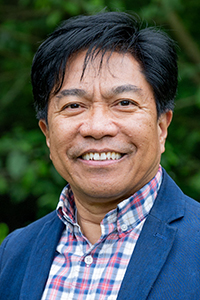 Mariano Mapili: Injecting Creativity in Community-Based GIS Projects through Augmented Reality and Decolonized Mapping
Mariano Mapili: Injecting Creativity in Community-Based GIS Projects through Augmented Reality and Decolonized Mapping
Mariano’s project advances Geographic Information Systems education through an inquiry into decolonizing map-making that engages and collaborates with local Indigenous mappers. At the same time, the project seeks to equip students with augmented reality (AR ) tools to elevate Story Maps, which address issues like litter prevention, pollinator conservation, and extreme heat mapping. This project blends Indigenized approaches to curriculum with technology to foster transformative learning experiences.
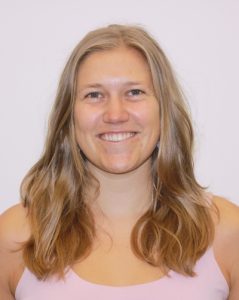
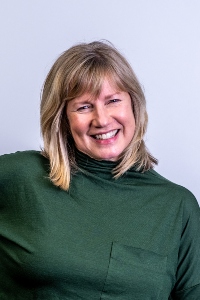 Hannah Sanvido & Alison Pritchard-Orr: TASK + KIN Health and Wellness
Hannah Sanvido & Alison Pritchard-Orr: TASK + KIN Health and Wellness
Hannah Sanvido and Alison Pritchard-Orr bring together students from TASK (a pre-employment program for students with disabilities) and an adapted physical activity course in Kinesiology to create health and wellness stations for UFV students. This interdisciplinary project promotes community engagement, inclusion, and health literacy, fostering collaboration across UFV departments and enhancing accessibility in health education.
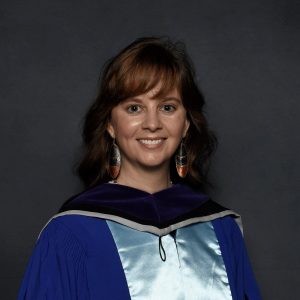
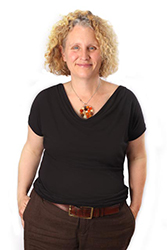 Brianna Strumm & Amea Wilbur: What’s Relationality Got to Do with It?
Brianna Strumm & Amea Wilbur: What’s Relationality Got to Do with It?
Brianna and Amea’s inquiry asks what does relationality look like for students? What relational instructional practices are important to foster belonging and connection for students? Their project will gather students from a cross-section of UFV for a half-day World Café discussion. This inquiry will enhance their understanding of the values of connection, collaboration, and relationality with students, as well as provide insight into what influences students’ sense of belonging.
 Rob Taylor: Campus Author Visit
Rob Taylor: Campus Author Visit
Rob Taylor’s project invites authors Shashi Bhat and Alex Leslie to UFV to engage students in creative writing classes. Bhat’s focus on South Asian diasporic experiences and Leslie’s work on LGBTQ+ themes offer students diverse perspectives on inclusion and equity in literature. This initiative provides students with hands-on tools for writing with confidence the truth of their unique lived experience. It also explores hybrid, cross-genre forms of creative writing, fostering a deeper understanding of contemporary literary practices.
 Marina Tourlakis: Using Design and Quantitative Reasoning to Understand Human Genetic Variation
Marina Tourlakis: Using Design and Quantitative Reasoning to Understand Human Genetic Variation
Marina’s inquiry aims to enhance antiracist genetics pedagogy by integrating “drawing to learn” strategies to improve students’ quantitative reasoning, understanding, and application of complex genetics. Guest speaker Martin Kryzwinski, a science communicator and statistical geneticist, shares innovative approaches to visualizing and reasoning through genetic data within BIO 406: Advanced Genetics.

